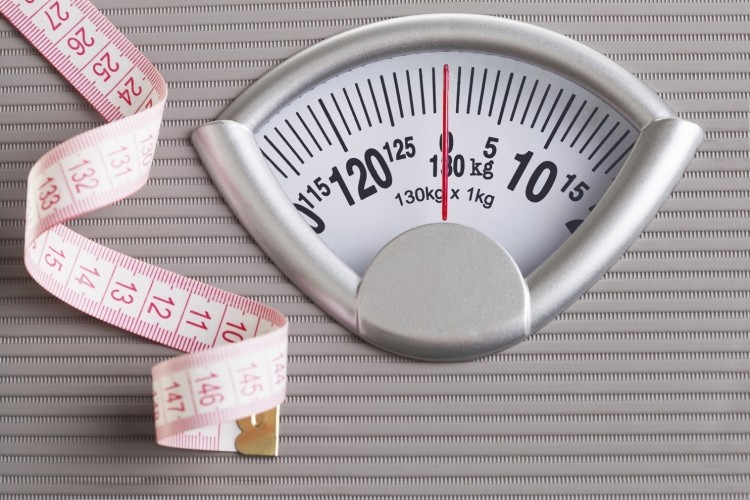Probiotic pair may help curb food cravings after gastric bypass: RCT

Data published in the Brazilian Archives of Digestive Surgery indicated that Lactobacillus acidophilus NCFM plus Bifidobacterium lactis Bi-07 for 90 days after the gastric bypass led to significant reductions in both symptoms of food addiction (FA) and binge eating (BED) up to one year after surgery.
“To the best of our knowledge, the strains used for the supplements given to these patients (Lactobacillus and Bifidobacterium) have not yet been used in patients with FA and BED,” wrote scientists from the Federal University of Paraná.
“However, these results are in accordance with Cook et al [Nutrients, 2020;12(8):2396], who suggested that some strains of Lactobacillus and Bifidobacterium may be helpful in controlling long-term obesity and have potential effects on central nervous system function and probable effects on mood, anxiety, and cognition.”
Study details
The study adds to the ever-growing body of data supporting the potential use of probiotic strains for both weight management and for mental health via the microbiota gut-brain axis.
One hundred and one obese people (mean BMI of 43.16 kg/m2) undergoing Roux-en-Y gastric bypass surgery were randomly assigned to receive either the probiotics (five billion CFUs of each strain) or placebo for 90 days post-surgery. Prior to the operation, 33% of the subjects had food addiction and binge eating diagnoses.
Results of the randomized, double-blind, placebo-controlled trial indicated that food addition and binge eating decreased in both groups 90 days after the surgery. However, only the probiotic group displayed statistically significant reductions in both measures one year after the surgery.
Commenting on the potential mechanism(s) of action, the Brazil-based scientists postulated that “probiotics may influence the production of substrates that influence various systems that impact the central nervous system and consequently human behavior.:
They continued: “The main mechanisms by which probiotics can influence addiction and compulsion are (1) increased production of short-chain fatty acids (hindering lipopolysaccharide produced by pathogenic commensal bacteria, downregulating zonulin, and decreasing paracellular permeability); (2) inflammation regulation (decreasing endotoxemia and improving neuroplasticity through brain-derived neurotrophic factor gene expression); (3) modulation of immune system function; (4) decreased cortisol production by downregulation of the hypothalamic-pituitary-adrenal (HPA) axis; (5) pleiotropic effects of enteroendocrine cells; and (6) improvement of serotonin and gamma-aminobutyric acid (GABA) biosynthesis (activating the vagus nervous system.”
Future studies should explore the potential impact of early and late probiotic supplementation for people with eating disorders, said the researchers. Trials should also look at people who are not obese and have not had gastric bypass surgery.
Source: Arquivos Brasileiros de Cirurgia Digestiva (ABCD)
2022; 35: e1659, doi: 10.1590/0102-672020210002e1659
“Probiotic supplementation attenuates binge eating and food addiction 1 year after Roux-en-Y gastric bypass: A randomized, double-blind, placebo-controlled trial”
Authors: L.O. Carlos et al.











